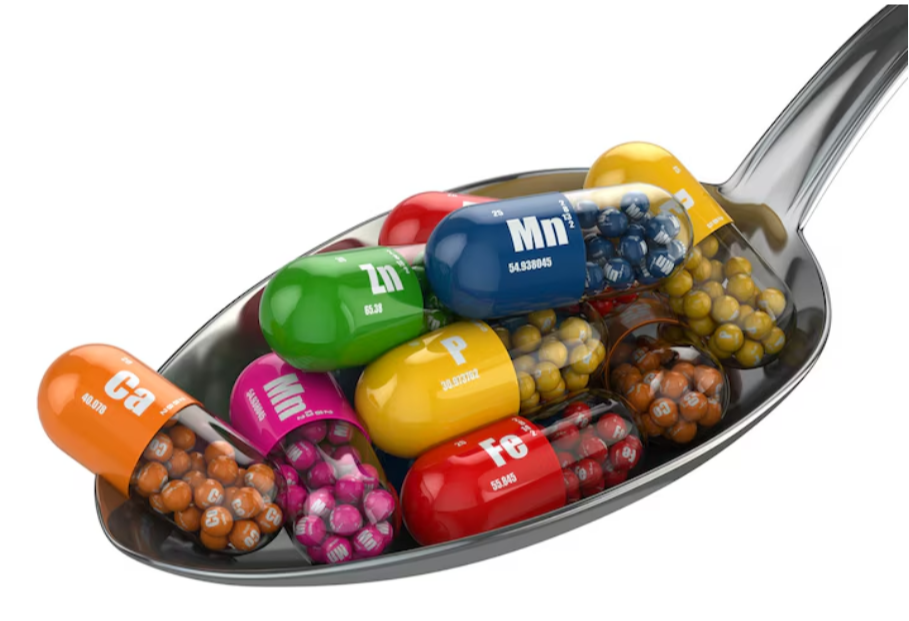The Truth About the Best Nutrition & Supplements in India: What to Look For
There’s a lot of noise out there about your health issues. Scroll through any online store, walk into a chemist, or even glance at an ad—supplements are being promoted everywhere. So many names. So many promises. Energy, focus, better sleep, faster metabolism. All these products claim to fix something.
But can they?
Here’s where things get murky. The best nutrition & supplements India offers aren’t always the ones everyone’s talking about. Sometimes they’re quiet. Hidden behind boring packaging or sitting on lesser-known shelves. But they work better. Why? That part takes a little more effort to figure out.
What’s on the Label Isn’t the Whole Story
Two products might look nearly identical. Same claims. Similar ingredients. But that doesn’t mean they’ll work the same way for your body. One might have higher potency or better absorption. The other? Mostly filler.
Let’s take a basic example—vitamin D. Loads of people take it. But unless it’s the right type, your body might barely absorb it. This concept, bioavailability, often decides whether a supplement helps or just passes through your system unused.
The weird part? Most people never hear that term until something doesn’t work.
You’re Not Buying a Pill, You’re Buying a Possibility
Supplements are meant to fill gaps. That’s it. They won’t overhaul your health overnight. If you’re low on something—like iron or B12—they can help bring you back to balance. But guessing? That’s a gamble.
Start by asking a few things:
- What’s actually bothering you?
- Are there symptoms pointing to a deficiency?
- Do you already get this nutrient from your diet?
Think of it like this—someone with high dairy intake probably doesn’t need more calcium. But someone who’s vegetarian might need help with zinc or omega-3. Two different people, two totally different needs.
What Makes the Indian Market Unique?
India’s not like the US or Europe. The food, weather, and even gut bacteria are different. That changes how people respond to supplements. For example, a lot of people avoid meat for religious or cultural reasons. That can impact protein intake, iron levels, and even vitamin B12.
Add to that—pollution, indoor lifestyles, and poor sleep habits. They all play a role. Someone might need more antioxidants or adaptogens than they realise. But they wouldn’t know unless someone explains it in a way that actually makes sense.
Also, packaging and claims are not always appropriately regulated. That’s the uncomfortable part. You’ll find products that promise way too much or hide behind vague phrases like “herbal blend.” Without proper third-party testing, there’s no way to be sure.
The Things You Probably Ignore—but Shouldn’t
- Labels that say “proprietary formula” and skip the breakdown
- Fake reviews plastered across every site
- Brands that push five different products for a straightforward issue
- Imported capsules without FSSAI clearance
- Multivitamins with ten nutrients but no effective dosage
And one more thing—watch how companies talk. If they promise results in days or sound too polished, that’s usually a red flag. People love big claims, but your body doesn’t work on marketing schedules.
A Quick Word on the Basics
Real change happens slowly. If a supplement starts showing results in 3–4 weeks, that’s good. That’s natural. Taking too many things at once makes it hard to tell what’s working. It just turns into noise.
Also, some forms absorb better than others. Liquid, softgels, powder—each has pros and cons. But that part is rarely discussed. Most people just go with whatever’s cheaper or looks cool.
See Also: Luxury Care: Pamper Yourself with Premium Products
The Gut Knows More Than You Think
There’s been a lot of talk lately about the gut microbiome. Not hype—actual science. This internal system impacts how nutrients get absorbed, how your immune system behaves, and even your mood.
If your gut’s off, supplements might not do what they’re supposed to. It’s like pouring clean water into a rusty pipe. Fix the pipe first.
That’s why some people start with probiotics or digestive enzymes before trying anything else. It’s not trendy. It just works better that way.
So What’s the Best Approach?
Don’t rush it. Don’t stack ten things at once. And definitely don’t expect miracles.
Start slow. One supplement at a time. Watch how your body reacts. Note the changes. Good brands are usually simple, straightforward, and a little boring. They don’t yell.
And if you’re unsure, check if the product is tested. If it doesn’t mention third-party verification, keep looking. That detail matters more than the flavour or fancy name.
Here’s What to Remember
You don’t need the most expensive or the most popular supplement. You need one that makes sense for your body, your diet, and your lifestyle.
Trendy doesn’t always mean effective. Natural doesn’t always mean safe. And cheap doesn’t always mean bad.
Look closer. Ask questions. Trust your instincts. The supplement industry won’t look out for you—but you can.

